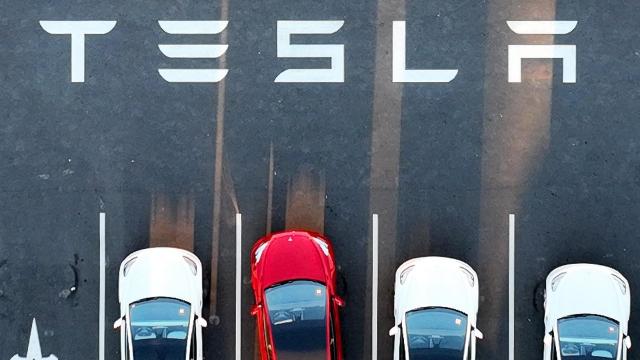Tesla’s “phantom braking” issue just got a whole lot worse for the company and buyers. The National Highway Traffic Safety Administration has now opened a formal investigation into Tesla over reports of the issue. The organisation has received 354 complaints in the past nine months saying the cars can jam on their brakes without reason while Autopilot (Tesla’s advanced driver assistance program) is engaged.
The system is falsely detecting an object in the road or anticipating a collision that won’t actually happen and is applying the brakes to try and avoid it.
The probe by the NHTSA will cover 416,000 2021-22 Tesla Model 3 and Model Y vehicles.
“The complaints allege that while utilising the ADAS features including adaptive cruise control, the vehicle unexpectedly applies its brakes while driving at highway speeds. Complainants report that the rapid deceleration can occur without warning, at random, and often repeatedly in a single drive cycle,” the probe’s paperwork reads.
During the investigation, the NHTSA will be gathering evidence and data from Tesla and vehicle owners. After that, it’s up to the agency to decide whether to close the investigation or escalate the issue. Escalation could eventually lead to a request for a recall.
According to CNET, the NHTSA can initiate a recall even if the automaker isn’t willing to do so, but a scenario like that is very rare.
Phantom braking has been an ongoing issue for the automaker. In October 2021, Tesla was forced to “roll back” version 10.3 of its Full Self-Driving beta software because of the issue. That didn’t help matters at all. In fact, the number of complaints have spiked since then. In the 22 months leading up to the “roll back,” there were 34 complaints of phantom braking. After that, from November to January there were at least 107. Now that number is up to 354 in the last nine months.
This problem can possibly be traced back to Tesla’s controversial move last year to remove radar sensors from new Model 3 and Model Y vehicles. The decision came after Musk publicly said he wanted the cars to rely totally on cameras.
It’s the latest issue – from a software standpoint that is – the automaker faces. Last week they were forced to issue a software update to remove a FSD feature that allowed cars to do rolling stops at stop signs. In fact, the company has issued 10 recalls since October for a wide range of issues such as faulty windshield defrosters and fart noises.
